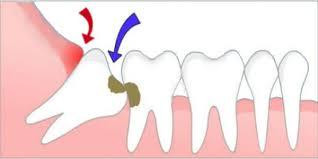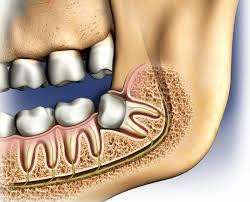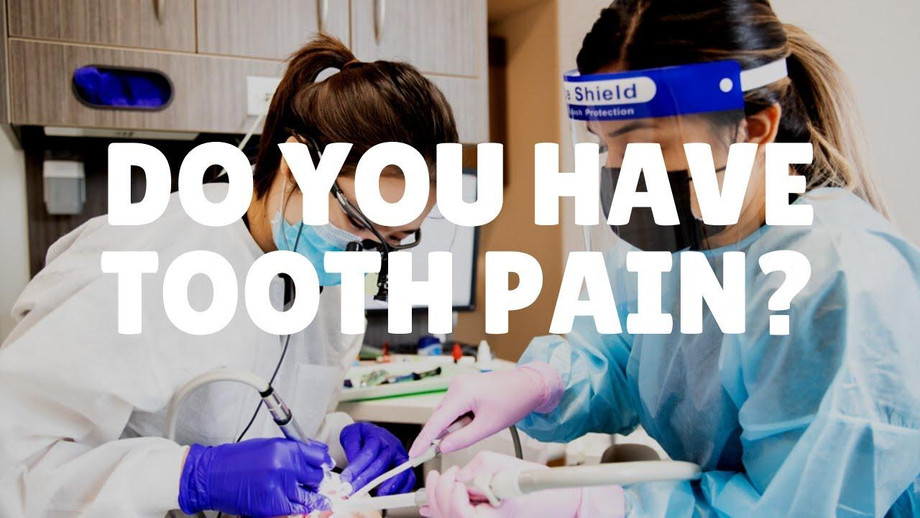What are the Causes of Tooth Nerve Pain?
Tooth nerve pain is a pain that we feel when something is wrong with our teeth or periodontal surrounding. Sometimes something similar to a toothache can occur due to reasons not related directly to dental causes. The pain can range all the way from mild irritation, only felt when teeth are in contact with some external substances, to severe, excruciating pain.
In either case, home remedies are sometimes applied, but they are never a permanent solution, so visiting a dentist near me is always the best idea. As for dental reasons, tooth pain can occur because of the tooth itself, because of the conditions of the gum or the bones beneath the tooth, nerves supplying the temporomandibular joints, the area of the tooth, and the muscles that move the jaw.
What are the types of tooth nerve pain?
There are mainly three types of tooth nerve pain, which are as follows:
- Mild tooth nerve pain
- Moderate tooth nerve pain
- Severe tooth nerve pain
- Mild tooth nerve pain-
In this type of tooth pain, An increased sensitivity of the tooth to cold or hot substances. Usually, the reason for this type of pain is the recession of your gum and exposure to your teeth roots. Sometimes, low-quality dental procedures can leave the repercussions such as this type of pain as well.
If anything you can switch to over-the-counter medication or desensitizing toothbrushes and mouthwashes - they can be obtained in any nearby drug store and can act as a temporary alleviation of your problem.
- Moderate tooth nerve pain-
As you can guess it is more severe. It is felt by touch, tapping on the tooth, and can disable you to chew the food properly without feeling too much discomfort. It can be happened due to the inflammation and infection of the dental pulp. If you leave your cavity unchecked, it can lead to a bacterial infection that will in turn result in the injury of the pulp.
For some tooth nerve pain relief, over-the-counter medications can be used to alleviate moderate pain and control the situation. Antibiotics are used to control the swelling and the infection of the dental pulp, but all of this should be done after visiting your dentists because moderate tooth pain already requires professional help.
- Severe tooth nerve pain-
Severe pain usually occurs when the early signs of pulp infestation are ignored. Trauma, such as a tooth fracture can also cause the deterioration of enamel and extreme pain. Still, the abscess is the most common reason for severe pain and can be accompanied by a rise in temperature (fever) and swelling in the mouth or cheek. Sometimes the pus pocket, the tooth abscess, is there but there is no pain - still, you should seek immediate medical help, because there is a probability that the situation is already too extreme.
It is not improbable that your tooth can be saved in these situations, but be prepared for the diagnosis of tooth removal. Of course, medications and antibiotics will be applied as well to reduce the symptoms, but if the infection is too deep then the tooth will need to be operated on in order to get rid of the source of the problem. Discuss the various options for tooth replacement with your dental clinic near me in this case.



Comments
Post a Comment